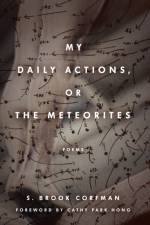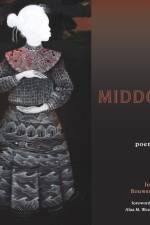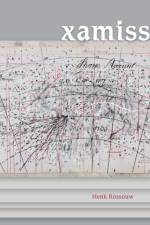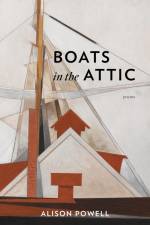av Henk Rossouw
307
"Voices in the singular and plural compel Henk Rossouw's Xamissa with such ecstatic stride as to match the intensity of human spectacle advancing the procession of Cape Town's history. The collective effect of alternating scenes and incantations reflect an ethical imperative of uncertainty. With formal ambition and acoustic scales of mind, Rossouw confronts a past haunted by racial brutality, even as it imagines an eventual social unity and the durational "anyway" that poetry's historical imagination is able to contain."-Roberto Tejada"Both poetry and the capacity to recover history's untold cruelties find a home in Xamissa, the name 'crossed-out' beneath the one we know, 'Cape Town.' In Henk Rossouw's stunning collection of this name, crossed-out histories refuse their erasure, spill their liquid meaning, and reclaim the name that means 'place of sweet waters.' But because what you see when you look at this place is too easy at first, you might miss that its bright surfaces are like 'a beautiful wet bag over the mouth of.' Xamissa misses nothing."-Gabeba Baderoon, author of The Dream in the Next Body, A Hundred Silences, and The History of Intimacy"In Xamissa, Henk Rossouw's artistic vision isn't borne out of the tyranny of spontaneous epiphany, but rather is carefully fleshed out through a constructivist process of cultural excavation. Nimbly threading History's objects ('nation,' 'city,' 'self,' 'peoples'), Rossouw guides us into and out of Imperium's capture zones. The result is a lived-life global poetics where the harmonic modulation from nationalist myth-making to a newly invigorated drive for liberationist re-definition of 'citizenship,' makes for a dazzling music of our time."-Rodrigo Toscano Xamissa is a book-length poem that sounds out the city of Cape Town in a joyful elegy for the city of alternate takes. Xamissa adapts the mythical name for the springs and streams running from Table Mountain to the sea, under the city itself, since before the colonial Dutch ships came-the X of the title standing in for the multiple ways in the languages of the Cape, past and present, the reader may pronounce the first consonant. A work of documentary poetics that investigates the cost of whiteness in South Africa, Xamissa code-switches at times into Lontara, the subversive Indonesian script that undercuts the prevalence of Dutch in the colonial archive. Through serial questions around the ethics of its address, Xamissa probes the interrelation of language, sociality, and resistance, in its bid to interrogate the archive as a draft of the city's future. Henk Rossouw teaches at the University of Louisiana at Lafayette. His poems have appeared in The Paris Review, The Massachusetts Review, The Boston Review, and other publications.






